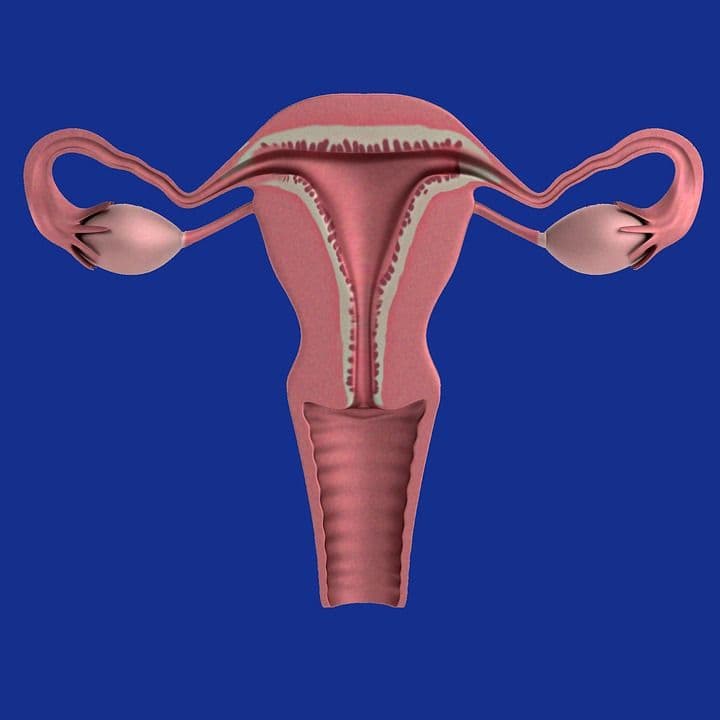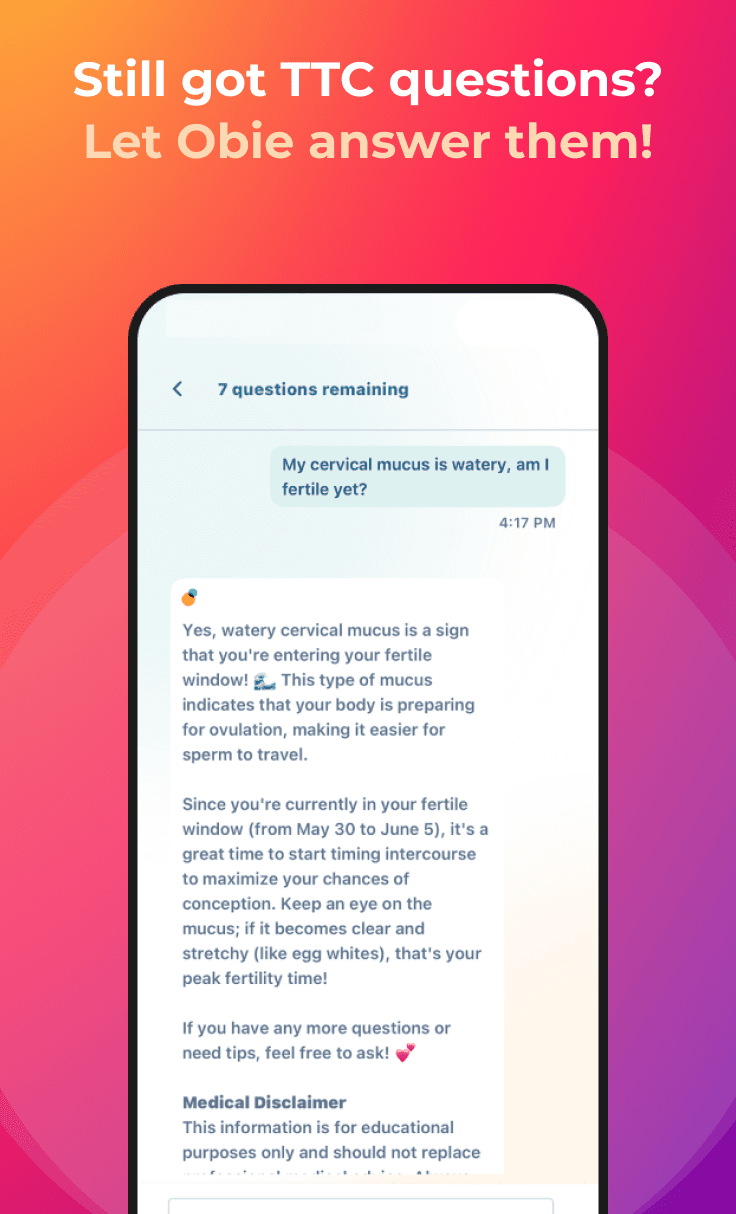Implantation Failure: What Can Prevent It From Happening?
Implantation
Obie Editorial Team

What is implantation?
Implantation is the attachment of the fertilized egg (embryo) in the endometrium (uterine lining). This usually happens after the embryo has traveled through the fallopian tube on average 9 days (range 6-12 days) after ovulation and fertilization.
What is implantation failure?
In some women, the reason for infertility is so called "implantation failure". Implantation failure refers to the failure of a fertilized egg, the embryo, to implant in the lining of the uterine wall to begin conception and start producing the pregnancy hormone hCG.
The specific cause of implantation failure is often unknown, but here are some possible reasons:
- Asherman syndome and other scars in the uterine lining
- A significant genetic defect in the embryo
- A uterine lining that is not ready for implantation like a too thin endometrium
- Chronic endometritis
- Embryonic defects
- Endometriosis
- Progesterone resistance
- An immature egg
If you have multiple implantation failures, your doctor can do some tests to try finding out what it could be, though oftentimes no specific reason or treatment is found. One test could be to do an endometrial biopsy to check if you have a chronic infection of the endometrium, the uterien lining (chronic endometritisi).
One known cause of implantation failure is taking high doses of certain hormones, like those which are in birth control pills. Those hormones are part of "Plan B," or the morning-after pill.
What happens to the embryo when there is no implantation?
When there is no implantation, there is usually no embryo developing or the embryo is being absorbed by the body.
What can a woman do to improve chances of implantation?
While there are many myths out there surrounding getting pregnant, when it comes to implantation, there are few things a woman can do to prevent it from happening.
- Strenuous exercises are unlikely to prevent implantation.
- Straining with bowel movements, for example, will not impact embryo implantation. Constipation is a common side effect of progesterone which slows the digestive tract, but that will not impact implantation.
- Jumping up and down or doing physical exercises are also unlikely to prevent implantation.








